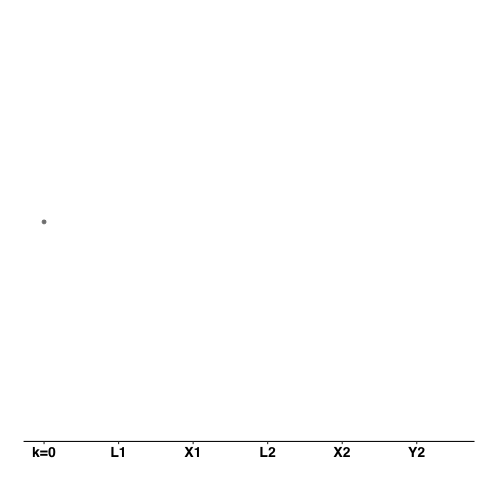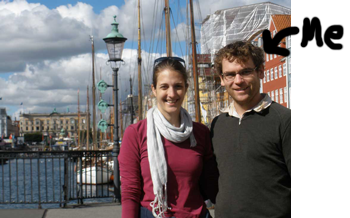
Making sense of exposure through time. How can we ask sensible, policy relevant questions about the effects of exposures that vary over time?
|
My research focuses on innovating our approaches to estimating of the impact of workplace and environmental exposure on human health. Austin Bradford Hill once proposed that a way to help distinguish causality from correlation in exposure-disease relationships was if exposures were specific: when only single types of health outcomes resulted from exposure to a health hazard. In contrast, many of the things we are exposed to in the air, water, food, and workplace are potentially related in a variety of ways to human health an illness. Some of my concurrent work is focused both on simplifying approaches to addressing questions about complex exposure mixtures and simplifying communication about how single exposures may affect many diseases or competing risks.
|

